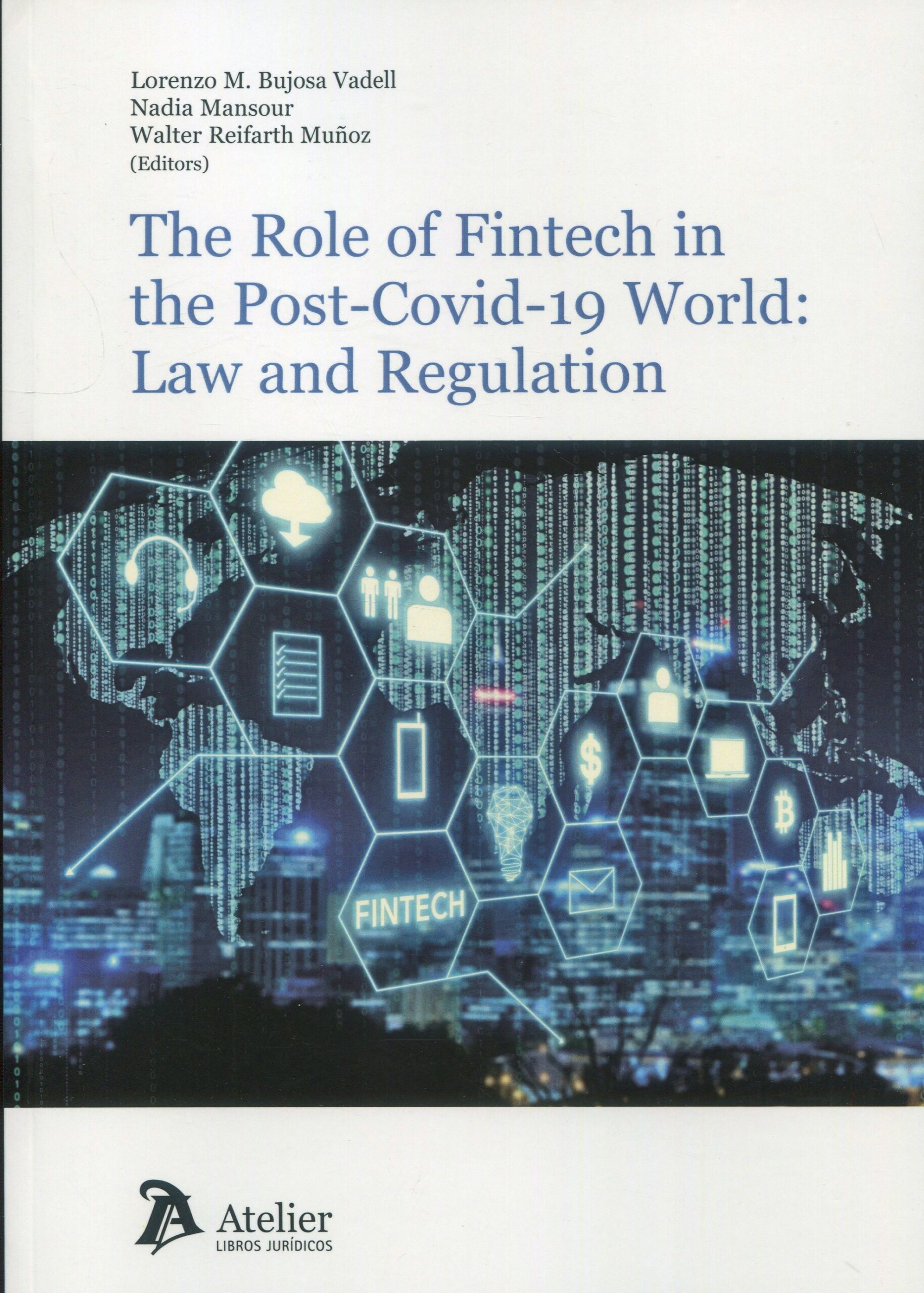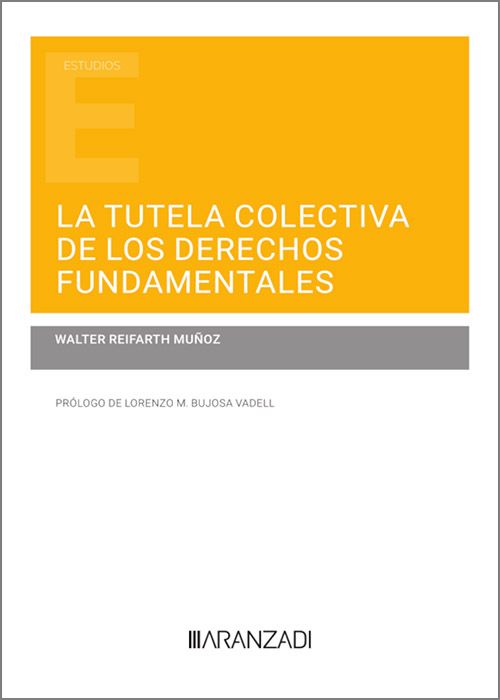The role of Fintech in the Post-Covid-19 world
Law and Regulation
- ISBN: 9788418780653
- Editorial: Atelier
- Fecha de la edición: 2022
- Lugar de la edición: Barcelona. España
- Encuadernación: Rústica
- Medidas: 24 cm
- Nº Pág.: 240
- Idiomas: Inglés

Fintech has become one of the buzzwords of this decade. New technologies are reshaping the banking and financial market, since they sup- port, extend, or even substitute the traditional services and products. All the stakeholders —including policymakers, companies, and financial service providers— need to struggle for legal certainty and be aware of the direction and potential effects of those diverse emerging technologies. In this sense, law is being called upon to have a crucial role in tackling these new developments by offering enforceable principles and rules to face the potential threats and risks of such innovations. Fintech is a complex, fast-changing phenomenon based on an interplay between global trends and local circumstances. Thus, this volume addresses a range of regulatory challenges related to financial technology from different countries and perspectives. This book is aimed to have a great relevance for researchers and practitioners alike, and a reference material for academics focusing on the regulation of financial technologies.
Chapter 1. Rule of Law or Ruin of Law in Nigeria: Quo Vadis? / Taiye Joshua Omidoyin
Chapter 2. Ecuador and Peru: Reflections on state reform, positioning of ‘democracy’ and public policies for a competitive economic and institutional environment / Rubén Méndez Reátegui
Chapter 3. The Social and Environmental Responsibility Insert ed in the Corp orate Context of the 21st Century / Renata Albuquerque Lima & Átila de Alencar Araripe Magalhães
Chapter 4. Does CS R constrain Earnings Management? / Yousf Almahrog, Zakaria Aribi & Philip Kostov
Chapter 5. Shareholers’ Agreements and Good Corp orate Governance as Innovations for Ecuadorian Family-Owned Companies / José Carlos Portilla Ruiz & Rubén Méndez Reátegui
Chapter 6. COVID -19 and the Financial Inclusion / Mostéfaoui Sofiane & Yousfat Ali
Chapter 7. Insolvency proceedings, business crises and COVID-19: A comparative study / Lissangee Stefanía Mendoza García & Rubén Méndez Reátegui
Chapter 8. The Main Obstacles facing Foreign Investors in Yemen-Legal Perspective / Sharf Ali Mohammed Alkebsi
Chapter 9. Exploring the Drivers of Economic Growt h in Sub-Saharan Africa: The Interactive Effect of Globalization and Financial Development / Ibrahim Nandom Yakubu
Chapter 10. Motivations for Foreign Bank Entry in Ghana: A Countr y-Level Analysis / Ibrahim Nandom Yakubu, Alhassan Bunyaminu & Iliasu Abdallah
Chapter 11. Revenue Diversification and Performance of Indian Banks in a Deregulation Era: An Empirical Analysis / Suresh Naik V, Nenavath Sreenu & Nadia Mansour
Chapter 12. The New Performance Compensation System (NPCS ) and Skills Development: Empirical Evidence from Sonatr ach Company / Mostéfaoui Sofiane & Yousfat Ali
Chapter 13. Application of Python Programming for Predicting Stock Price of Infosys using ARIMA Model / Nitin Jaglal Untwal
Chapter 14. Mediation, Arbitration and Artificial Intelligent Dispute Resolution: Online Dispute Resolution for FinTech / Diego Robledo










